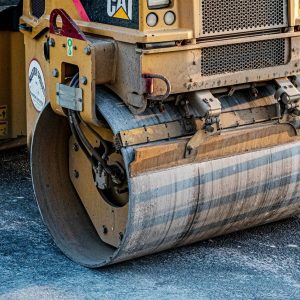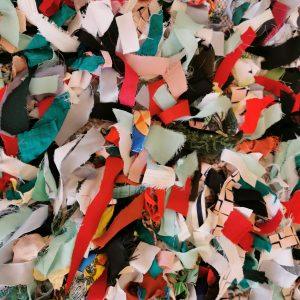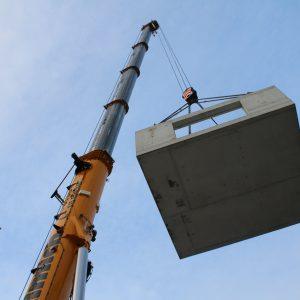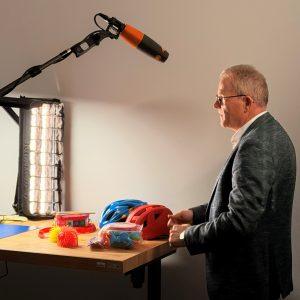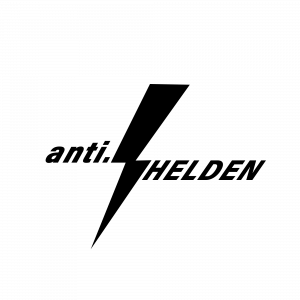ADVERTISING
Avoid foreign substances in organic waste - EAD controls biotons in Darmstadt
As of May 1, 2025, the amended bio -waste regulation comes into force. The own company for municipal tasks and services of the science city of Darmstadt (EAD) indicates the new regulations and emphasizes the importance of the correct waste separation. The aim is to lower the foreign substance content in organic waste so that organic waste can be better used.
"Bio -waste has been collected in the science city since 1991. Darmstadt takes on a pioneering role here," explains city treasurer André Schellenberg. "By correctly separating organic and other waste, nature and resources are spared."
What is new is that control values for foreign substances apply in the future: For bio -waste from households and small businesses, the limit for plastics is one percent, for other foreign substances at three percent. In order to ensure compliance with these values, the EAD will check the content of the biotons on a random samples - among other things by visiting before being removed. Biotons with too many foreign substances are not emptied. They can be disposed of as residual waste at the expense of the fee.
What is allowed in the biotonne?
- Flowers and vegetable garden waste (wood up to 10 cm diameter)
- Fruit and vegetable waste, shells and remains
- Bread remains, egg shells, milk and flour products (in small quantities)
- Coffee grounds and filter bags, tea bags
- Fishinggrobes and leftovers (in household quantities)
- Compostable pet litter
Biodegradable plastic bags are not allowed, even if they consist of renewable raw materials. These do not decompose quickly enough and increase the sorting effort in composting.
Further information on the correct waste separation can be called up on the EAD Darmstadt .
(Darmstadt - Red/PSD/Stip)


